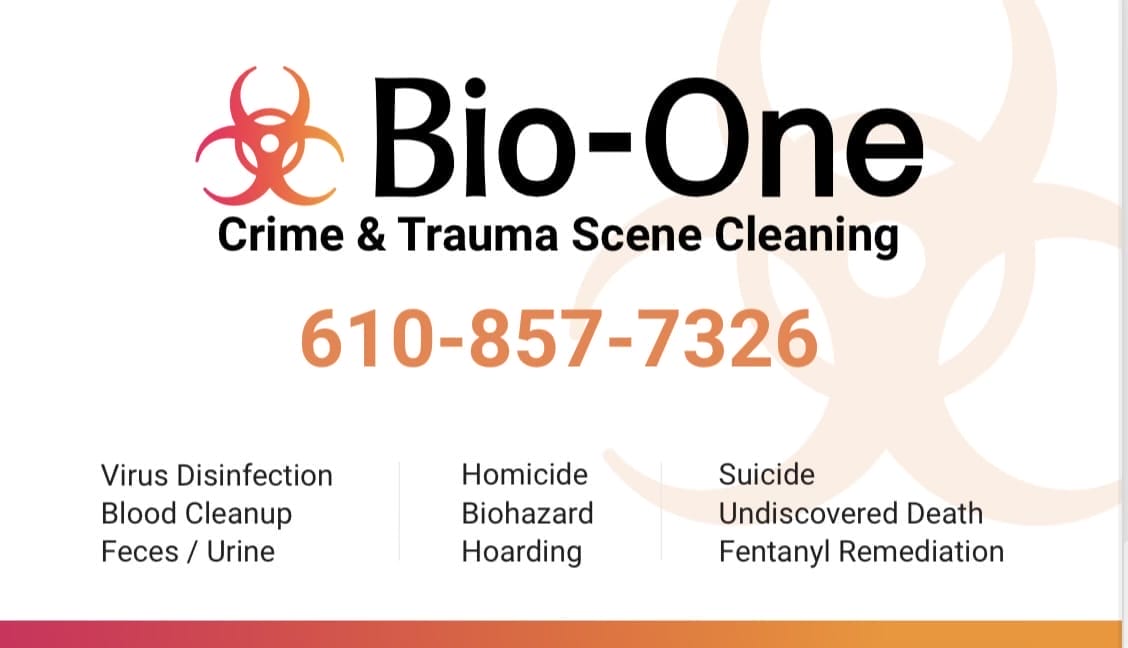Cleaning up after the death of a loved one is a task that goes beyond the physical act of tidying up; it has profound biopsychosocial implications that affect individuals on multiple levels. The amalgamation of biological, psychological, and social factors creates a complex web of challenges, contributing to a range of emotional, mental, and physical consequences.
Biological Impact
The biological toll of cleaning up after a loved one's death is often underestimated. Exposure to traumatic events during the cleanup process can activate the body's stress response system, releasing hormones such as cortisol that, when prolonged, may lead to adverse health effects. Sleep disturbances, changes in appetite, and compromised immune function are among the potential biological consequences. Recognizing and addressing these physical manifestations is crucial for overall well-being.
Psychological Strain
The psychological harm associated with post-death cleanup is substantial. Grief, guilt, and trauma can permeate the mind, leading to conditions such as anxiety, depression, and, in severe cases, Post-Traumatic Stress Disorder (PTSD). Witnessing the aftermath of a loved one's passing and handling their personal belongings can trigger intense emotional responses, requiring careful navigation and support to mitigate the long-term psychological impact.
Social Ramifications
The social dimensions of cleaning up after a loved one's death also play a pivotal role in shaping the overall harm experienced. Social stigma, isolation, and strained relationships with family and friends may arise as individuals grapple with the aftermath. The societal expectation to swiftly resume normalcy can exacerbate these challenges, making it crucial to foster understanding and empathy within social circles.
Coping Mechanisms and Support
Recognizing the biopsychosocial harm inherent in post-death cleanup underscores the importance of implementing effective coping mechanisms and seeking support. Open communication with friends and family can alleviate social isolation, while professional counseling provides a space to navigate the complex emotional landscape. Engaging in self-care practices, from maintaining a healthy lifestyle to participating in activities that bring comfort, is integral to mitigating the biological and psychological effects.
Creating Awareness and Compassion
Understanding the multifaceted harm associated with cleaning up after the death of a loved one is essential for fostering awareness and compassion. Society at large should acknowledge the complexity of this process and work towards destigmatizing the emotional toll it takes. Employers, communities, and support networks can play a crucial role in facilitating an environment that allows individuals the time and resources needed for recovery.
Conclusion
Cleaning up after the death of a loved one is an emotionally charged experience that extends far beyond the immediate task at hand. Recognizing and addressing the biopsychosocial harm involved is crucial for promoting healing and resilience. By acknowledging the interconnectedness of biological, psychological, and social factors, individuals can work towards creating a supportive environment that facilitates recovery and honors the complexities of grief and loss.



